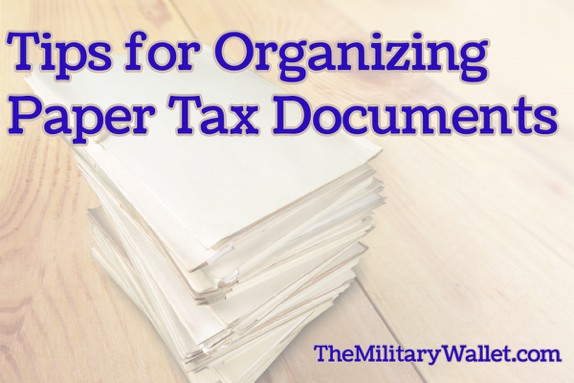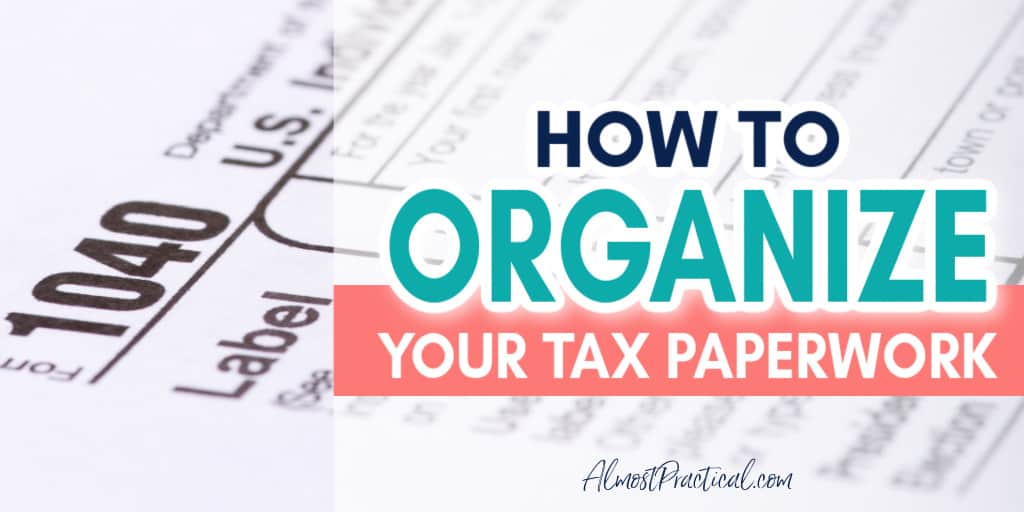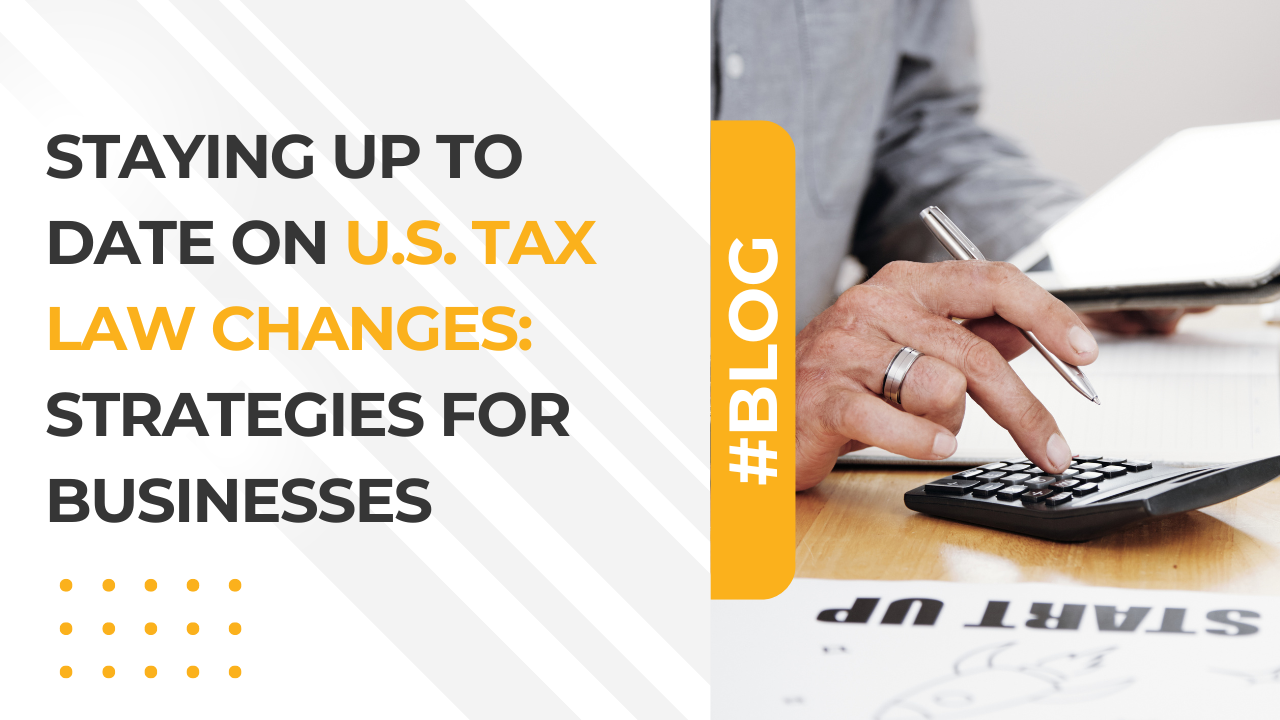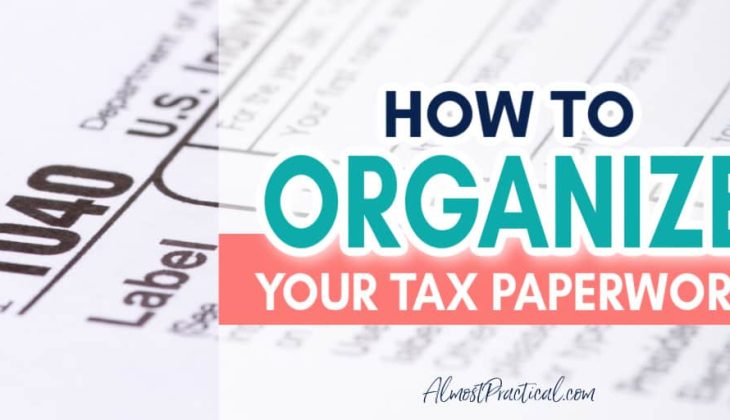Main Points
- Organizing tax documents is important for compliance and for maximizing deductions.
- Key documents include income statements, expense receipts, and payroll records.
- Digital filing systems and cloud storage can make document management easier.
- Sorting and labeling documents regularly can prevent last-minute panic.
- Professional help can provide guidance and reduce mistakes.
The Importance of Organizing Tax Documentation for Small Businesses
Running a small business comes with many challenges, and one of the biggest is managing taxes. Keeping your tax documents organized is more than just a good habit—it’s a necessity. It can save you time, money, and a lot of stress.

Keeping in Line with Tax Laws
Tax laws are often complicated and can change often. By keeping your tax paperwork in order, you’re making sure you’re following these laws, which lowers the chance of mistakes and possible penalties. This organization helps you report how much you’ve made and how much you’ve spent correctly, which is important for staying in the IRS’s good graces.
Getting the Most Out of Deductions and Credits
By keeping your tax documents organized, you can easily track deductible expenses and credits. This is crucial because it directly affects how much tax you have to pay. If you miss out on these deductions, you could end up paying more than you need to. So, it’s important to have a clear system for tracking and documenting every eligible expense in order to maximize your tax savings.
Making Tax Season Less Stressful
It’s safe to say that no one enjoys the last-minute rush to find necessary documents. If you take the time to organize your tax paperwork throughout the year, you can eliminate a great deal of the stress and strain that often comes with tax season. This forward-thinking approach not only simplifies the process of filing your taxes but also provides you with the comfort of knowing that everything is where it should be.
Key Tax Documents for Small Businesses
The first step to staying organized is to understand which documents you need. These documents are the foundation of your tax filing process and make sure you have all the information you need right at your fingertips. For more detailed guidance, consider exploring essential services for small business tax planning.
Profit and Loss Statements
Profit and loss statements are absolutely crucial when it comes to filing your taxes. They provide a snapshot of how much money your business made during a specific timeframe, including the money you made from sales, the interest you earned, and any other sources of income. Keeping these documents organized will help you to report your income accurately and avoid any discrepancies.
Let’s say you own a small bakery. Your income statements would include all sales from baked goods, catering services, and any special events you might host. By tracking these separately, you can identify which areas of your business are most profitable.
Keeping Track of Expenses
One of the most important aspects of running a business is keeping track of every expense. This includes everything from office supplies to utility bills. Keep all receipts and invoices for these expenses, as they are necessary for claiming deductions and ensuring that you only pay taxes on your net income.
First and foremost, arranging these receipts and invoices by category or date can make them easier to locate when necessary. You might want to think about using digital tools to scan and store these documents, which will decrease the chances of misplacing crucial paperwork. For more insights on managing business finances, consider exploring startup business tax strategies.
Keeping Track of Employee and Payroll Records
For those businesses that have employees, it’s crucial to keep precise payroll records. This includes everything from wages and benefits to tax withholdings. These records are important for figuring out payroll taxes and making sure you’re following employment laws.
Furthermore, it’s essential to keep meticulous records of any employee reimbursements or bonuses. This paperwork is helpful not just during tax season, but also when evaluating your company’s financial wellbeing and making strategic choices. For specialized assistance, consider exploring small business tax credit services to enhance your financial strategies.
How to Organize Your Tax Documents Effectively
Organizing your tax documents can seem like a daunting task, but it doesn’t have to be if you have the right strategies in place. The trick is to create a system that fits your business and stay consistent with it. Here are some tips to help you organize your tax documents effectively.

Creating a Digital Document Storage System
Digitizing your tax documents is a savvy step to take. A digital document storage system lets you store and access documents with ease, reducing the mess of physical paperwork. Begin by scanning all your crucial documents and storing them in a well-organized folder system on your computer. Use straightforward and detailed names for each file to help you locate what you need swiftly.
For example, you can make folders for each year and then make subfolders for different categories like income, expenses, and payroll. This will give you a clear and organized system that you can use anytime. For more detailed guidance, check out this small business tax tips article.
Take Advantage of Online Storage Platforms
Online storage platforms such as Google Drive or Dropbox offer a host of benefits over traditional storage methods. Not only are they secure, but they can be accessed from anywhere with an internet connection. This is especially helpful if you are often on the go or work from different places. For more insights, check out these small business tax tips.
Moreover, cloud storage solutions typically include features that enable easy document sharing with your accountant or tax advisor. They also offer automatic backups, so you can rest assured that your documents are secure even if your computer crashes.
Organizing Documents on a Monthly Basis
Don’t wait until the last minute to organize your tax documents. Instead, take the time each month to label and sort them. This will help you avoid the stress of rushing to get everything together at the last minute, and it will also ensure that your records are current. Use a consistent system for labeling your documents, including the date and type of document. This will make it easier to file and retrieve them later on. For more comprehensive strategies, consider exploring small business tax planning tips.
For instance, you might mark a receipt from a business lunch in January as “2023-01-BusinessLunch-Receipt.” This allows you to identify precisely what it is and when it occurred, making it simpler to locate and classify when tax time comes.
Keeping Your System Organized
Once you’ve put your system together, it’s important to keep it that way. Consistency is key. Here are some tips to help you keep your tax documents organized all year long.
Carrying Out Regular Reviews
Consistent reviews are key to keeping your system in order. Set a reminder to go over your documents every month, making sure everything is properly named and stored in the correct location. During these reviews, you can also compare your records with your bank statements to identify any differences early on.
Primarily, these consistent reviews assist you in managing your finances and making any required modifications to your filing system as your business expands and develops. For more insights, explore our startup business tax strategies to effectively navigate financial growth.
Leveraging the Benefits of Accounting Software
Today’s accounting software often comes with features specifically meant to assist with document management. These tools can automate much of the process, like categorizing expenses and creating reports. Use these features to make your tax documentation more efficient, and for more small business tax tips.
For instance, software such as QuickBooks or Xero can import transactions from your bank account automatically, categorize them, and attach digital copies of receipts. This integration not only saves you time but also guarantees accuracy in your financial records. For more insights, check out these small business tax planning strategies.
Getting Help from the Experts
It can often be beneficial to get assistance from a professional when trying to organize your tax documents. Accountants and tax advisors can offer advice tailored to your business needs, helping you to set up an efficient system and stay compliant with tax laws.
In addition to that, having a professional review your documents before filing can help you catch potential errors and save you from costly mistakes. It’s an investment that can provide peace of mind and potential tax savings.
Wrapping Up How to Organize Tax Documentation
Organizing your tax documentation is about finding a system that works for you and sticking with it. It’s about being proactive and staying organized all year, not just at tax time. By using these tips, you can lower stress, get the most deductions, and make sure you’re following tax laws.
Always keep in mind that the objective is to make everything as straightforward and effective as possible, so you can have more time to concentrate on what you’re really good at—managing your business. If you put in a little bit of work and maintain a consistent routine, organizing your tax documents can become an effortless part of running your business.

Staying Ahead of Tax Changes
As a small business owner, you know that tax laws are always changing. It’s important to stay on top of these changes so you can anticipate how they might affect your business. By keeping up with new laws and tax reforms, you can adjust your strategies to stay compliant and make the most of your tax planning.
Keeping yourself updated by subscribing to newsletters from reliable financial news outlets or becoming a member of professional organizations that provide updates on tax regulations is a good way to stay informed. This way, you can be ready for any changes and make informed decisions about the financial future of your business.
Stress the Importance of Regular Record Keeping
Regular record keeping is the secret to successful tax documentation organization. It requires keeping precise and current records of all your financial transactions, such as income, expenses, and payroll. This regularity not only simplifies tax filing but also offers important information about your business’s financial status.
Make it a weekly habit to update your records to keep them consistent. Utilize accounting software to automate most of the process and minimize human mistakes. By incorporating record keeping into your regular schedule, you can prevent last-minute rushes and always be prepared for tax season.
Common Queries
Small business owners, especially those new to the tax process, often have questions about organizing their tax documents. We’ve compiled a list of common questions and their answers to help you navigate the sometimes confusing world of tax documentation. For additional guidance, consider checking out this small business tax tips article.
What tools are best for filing taxes online?
There are a number of tools that can help streamline the process of filing taxes online. Some of the most popular accounting software options include QuickBooks, Xero, and FreshBooks. These programs offer a range of features that can help you manage your finances and keep your tax documents organized. They often include tools for tracking income and expenses, generating reports, and storing digital copies of receipts.
How long do I need to keep my business tax records?
As a rule of thumb, you should keep your business tax records for a minimum of seven years. The IRS can audit your returns for up to three years from the filing date, but if they suspect significant mistakes, they can go back further. Keeping records for seven years gives you some leeway in case of any discrepancies.
Furthermore, there are certain records, like those associated with property or asset acquisitions, that you should hold onto for the entire duration of ownership, plus an extra seven years after you sell. This is to make sure you have all the paperwork you might need for any audits that could come up in the future. For more detailed advice, you can refer to this small business tax tips guide.
Organizing your small business tax documentation is crucial for efficient financial management and compliance. By implementing effective strategies, you can streamline the process and avoid unnecessary stress during tax season. Consider utilizing digital tools and software to keep track of receipts and expenses. Additionally, staying informed about small business owner change tips can help you adapt to evolving tax regulations and optimize your financial strategies.
What can I write off as a small business?
Small businesses can write off a variety of expenses, including office supplies, travel costs, marketing expenses, and employee salaries. If you use part of your home solely for business, you can also write off home office expenses.
By keeping meticulous records of every expense and seeking advice from a tax expert, you can identify all the deductions your business qualifies for. This strategy can help you decrease your taxable income and pay less in taxes.
How can I keep my documents safe?
It’s crucial to keep your tax documents safe to prevent theft or loss of sensitive information. Use hard-to-guess passwords and encryption for digital files, and think about using cloud storage solutions that have strong security features. Make sure to back up your documents regularly to avoid losing data due to technical problems.
When it comes to hard copies, it’s a good idea to keep important documents in a safe that’s both fireproof and waterproof. Make sure to regularly check your security measures to keep up with ever-changing threats.
What’s the difference between a tax deduction and a tax credit?
Knowing the difference between tax deductions and tax credits is crucial for successful tax planning. A tax deduction reduces your taxable income, which lowers the amount of income that can be taxed. For instance, if you have $10,000 in tax deductions and your income is $50,000, you’ll only be taxed on $40,000. For more detailed strategies, you might explore small business tax planning strategies.
On the other hand, a tax credit directly reduces the amount of tax you owe. If you owe $5,000 in taxes and have a $1,000 credit, you’ll only need to pay $4,000. Credits are generally more valuable than deductions because they offer a dollar-for-dollar reduction in your tax liability.
- Record all possible deductions and credits as they occur during the year.
- Seek advice from a tax expert to make sure you’re utilizing all the tax benefits available to you.
- Take advantage of accounting software to automatically track expenses and credits.
By grasping and using these principles, you can enhance your tax plan and potentially save your business a lot of money annually.
Wrapping up, getting your small business’s tax documents in order isn’t just about meeting legal requirements—it’s about establishing a smooth process that saves you both time and money. By using the right strategies and tools, you can guarantee that your tax documentation is always organized, freeing you up to concentrate on confidently expanding your business. For more insights, explore these small business tax planning strategies.

